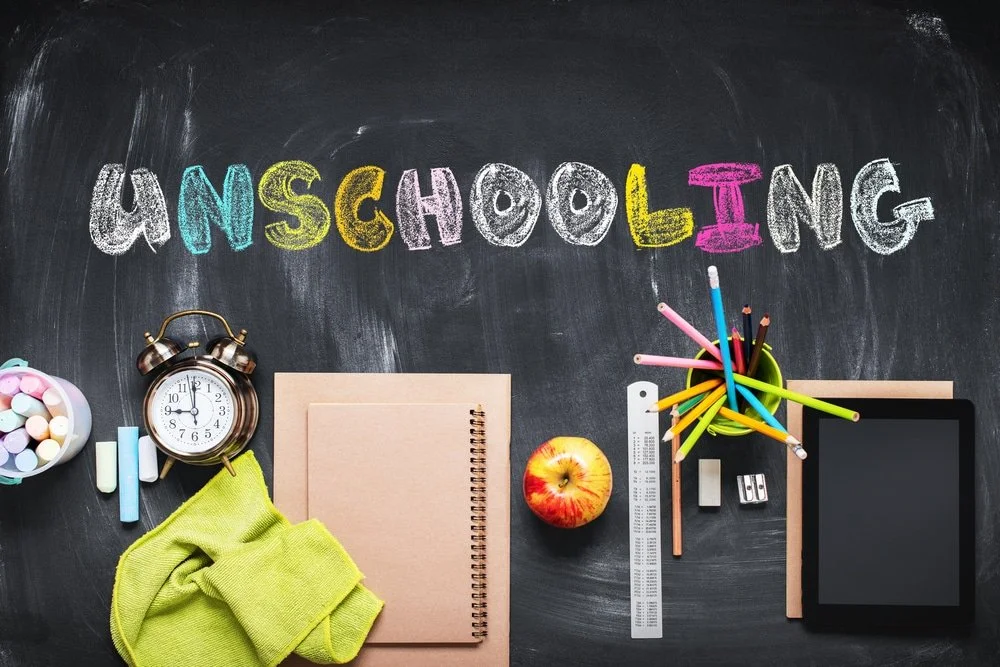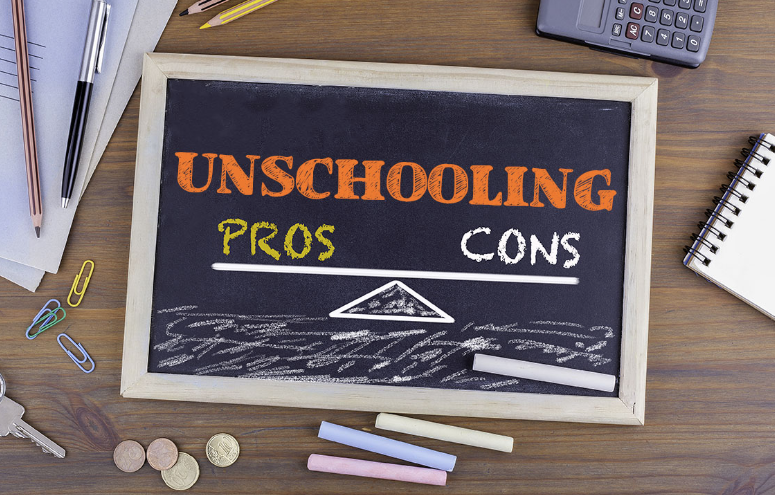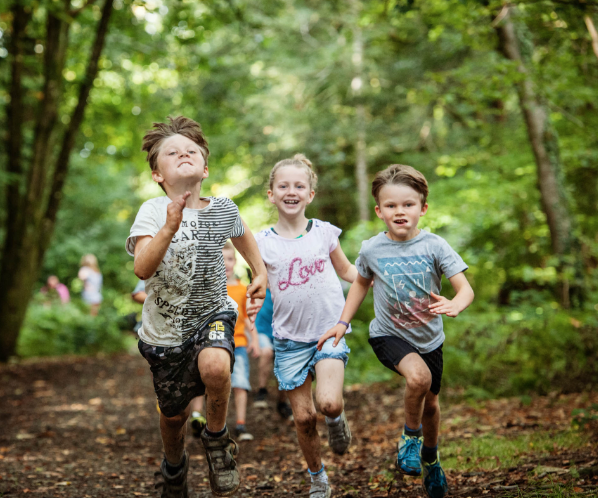What is Unschooling and is it Right for Your Family?
Unschooling is an alternative approach to education that allows children to learn through self-directed exploration and experiences, rather than through traditional schooling. It is a form of homeschooling, but unlike most homeschooling approaches, it emphasizes a child-led curriculum, where children have the freedom to choose what they learn and how they learn it. The unschooling philosophy challenges traditional educational methods and emphasizes the importance of natural curiosity and learning through play.
Unschooling has its roots in the 1960s and 1970s, during a time when there was a growing dissatisfaction with traditional education and a desire for alternatives. The idea of unschooling was first introduced by educator and author John Holt, who believed that children are born with an innate desire to learn and that traditional schooling often stifles this natural curiosity. Holt argued that children are capable of learning on their own if they are given the freedom to do so and if they are allowed to follow their interests and passions.
Holt's ideas were influenced by the work of psychologist Jean Piaget, who believed that children learn best through active exploration and experimentation. Piaget also emphasized the importance of social interaction and play in the learning process. Holt's ideas were also influenced by the work of Russian psychologist Lev Vygotsky, who believed that learning is a social process that occurs through interaction with others.
The principles of unschooling are rooted in the belief that children are natural learners who can direct their own education. Unschooling emphasizes the following principles:
Child-led learning: Unschooling allows children to follow their own interests and passions, rather than following a prescribed curriculum. Children are encouraged to explore their interests and to learn at their own pace.
Freedom: Unschooling emphasizes freedom and autonomy. Children are given the freedom to choose what they want to learn and how they want to learn it. Unschooling parents believe that this freedom allows children to develop a sense of self-direction and self-motivation.
Natural learning: Unschooling emphasizes learning through natural experiences, rather than through textbooks and lectures. Children are encouraged to learn through hands-on experiences, exploration, and play.
Respect: Unschooling emphasizes respect for children's autonomy and their natural desire to learn. Unschooling parents believe that children should be respected as individuals with their own unique interests and learning style.
Advantages of Unschooling:Unschooling has several advantages over traditional schooling:
Flexibility: Unschooling allows for a flexible schedule that can be tailored to a child's individual needs and interests. Children are free to learn at their own pace and to take breaks when they need to.
Individualized learning: Unschooling allows for individualized learning that can be tailored to a child's unique learning style and interests. Children are free to explore their passions and to learn in a way that works best for them.
Natural learning: Unschooling emphasizes learning through natural experiences, which can be more engaging and meaningful than learning from textbooks and lectures. Children are encouraged to learn through hands-on experiences, exploration, and play.
Creativity: Unschooling allows for creativity and self-expression. Children are encouraged to follow their interests and passions, which can lead to unique and creative learning experiences.
Parent-child relationship: Unschooling can strengthen the parent-child relationship. Parents are able to spend more time with their children and to engage in their learning process. This can lead to a closer bond between parent and child.
Disadvantages of Unschooling:
While unschooling has many advantages, it also has some disadvantages that must be considered:
Lack of structure: Unschooling lacks the structure and routine of traditional schooling. Some children may thrive in a more structured environment, and may struggle with the freedom and autonomy of unschooling.
Limited socialization: Unschooling can limit a child's socialization opportunities. Without regular interactions with peers and adults, children may miss out on important social and emotional development opportunities. But this is easily rectified if you just involve your child in more social activities.
Limited resources: Unschooling relies heavily on resources available in the home and community. Without access to a wide range of resources, children may miss out on certain educational experiences and opportunities.
Lack of credentials: Unschooling does not typically result in traditional credentials such as diplomas or degrees. This can limit a child's future opportunities, especially if they plan to attend college or pursue a career that requires a certain level of education.
Parental burnout: Unschooling can be demanding on parents, who are responsible for guiding their children's education. Without support and resources, parents may experience burnout and may struggle to provide the guidance and support their children need.
Comparison to Traditional Schooling:
Unschooling and traditional schooling have several key differences. Traditional schooling is based on a standardized curriculum that is designed to meet certain educational standards. Children are typically taught in a classroom setting, with a teacher who directs their learning. Traditional schooling emphasizes structure, routine, and discipline.
In contrast, unschooling is based on a child-led curriculum that allows children to follow their own interests and passions. Children are encouraged to explore their interests and to learn at their own pace. Unschooling emphasizes natural learning through hands-on experiences and play, rather than learning from textbooks and lectures. Unschooling also emphasizes freedom, autonomy, and creativity.
While traditional schooling can provide children with a structured education that meets certain educational standards, it can also be rigid and inflexible. Traditional schooling may not accommodate a child's unique learning style or interests. Unschooling, on the other hand, allows for individualized learning that can be tailored to a child's unique needs and interests.
Personally, I do not utilize unschooling for my children, however there are definitely some elements of it that cross over into my homeschooling methods. That is the beauty of homeschooling - you can do what you want, when you want. The type of structure that you use is determined by YOU, not a school board or a state requirement. Free to be!


